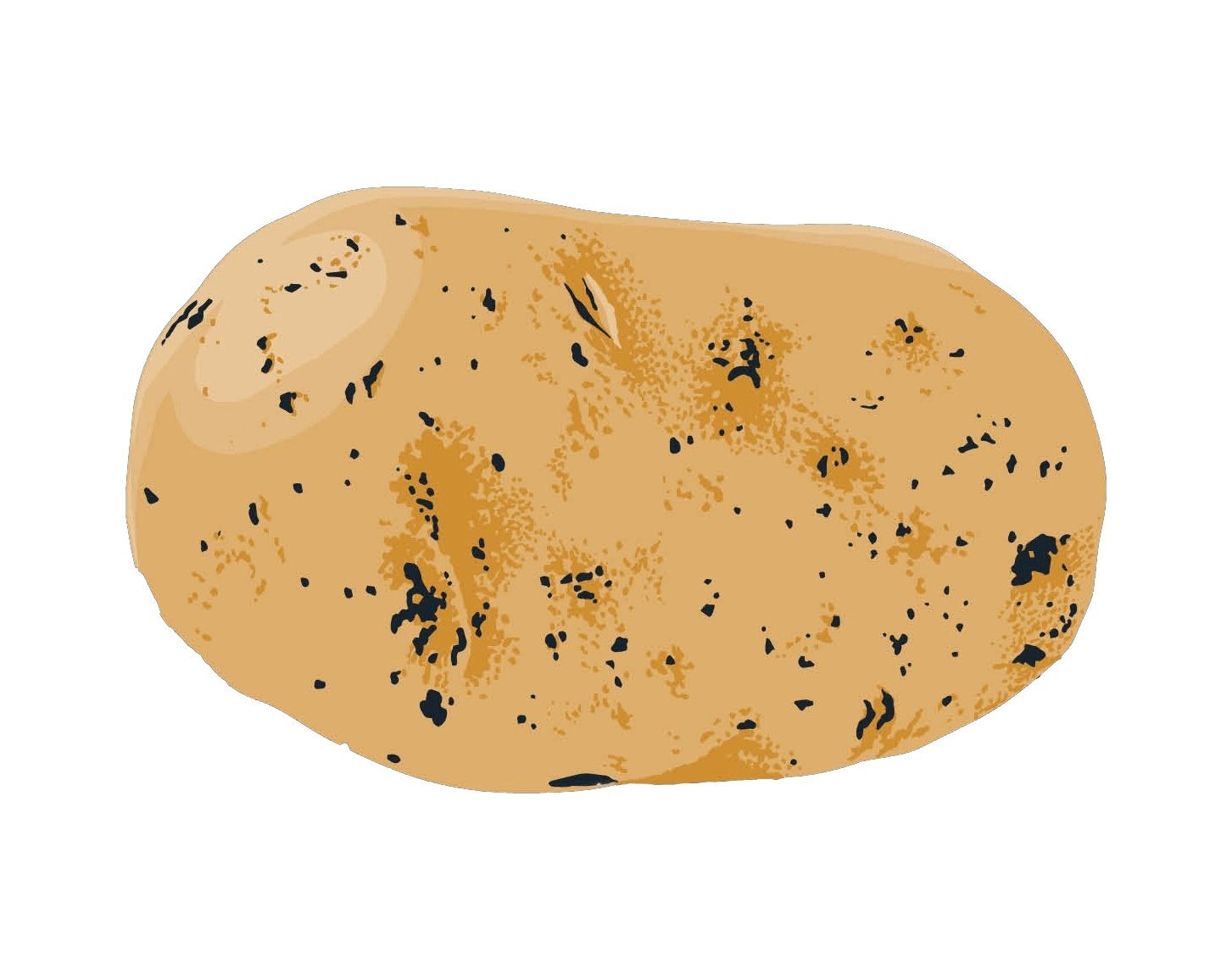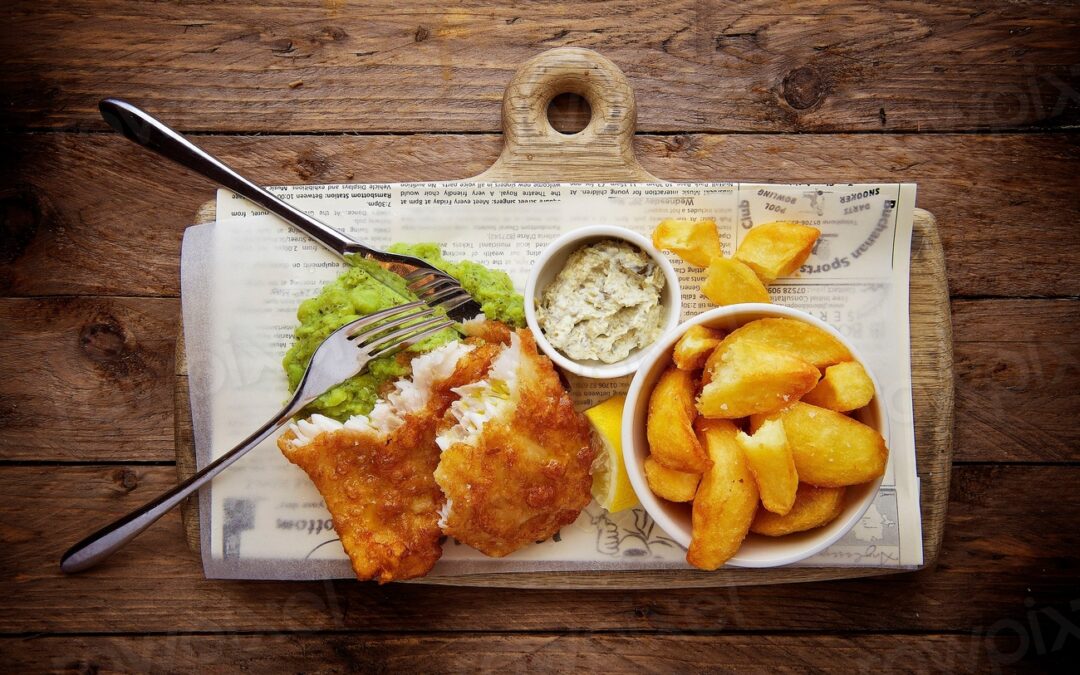In the UK, food prices have risen to their highest level in 45 years. Research suggests these high prices have exacerbated a health crisis among British children, as parents struggle to afford nutritious meals.
Decaying teeth, stunted growth, and behavioural changes such as anxiety and increased irritability were all reported to be common issues in the survey, while international studies have also found that children who have grown up in the past ten years in the UK are shorter than children in Sweden, Lithuania or South Korea, among other countries. At the same time, reports suggest that Brits now consume the highest amount of “ultra-processed” food in Europe, with more than half of the calories eaten by the average British person coming from this kind of food.
These troubling findings have attracted international attention, and I was recently interviewed by the Swedish newspaper Svenska Dagbladet about Britain’s relationship with food and cooking. You can read the article online here (in Swedish). A translated summary of my contribution can be found below:
“Britain’s time as a colonial power has shaped what the British eat,” says Rebecca Earle, professor and expert in food history at the University of Warwick, to SvD.
According to Earle, this has meant that Britons have eaten – for several hundred years – a significantly more varied and adventurous diet than the one portrayed in the stereotype of roast beef, potatoes and gravy. But at the same time, it means that people in the UK have long been dependent on food imported from abroad.
“This is why there is an attitude or perception that this country cannot produce its own food. Many people in this country have, for several generations, had neither a connection to the land nor to where their food comes from”.
As a result of this dependence on overseas imports, the food supply in Britain can be significantly affected by what happens outside of the country’s borders. This was noticeable during the First and Second World Wars, says Rebecca Earle, and more recently when food prices have risen due to, among other things, the war in Ukraine, along with climate change and Brexit
.
The process of urbanisation that began during the Industrial Revolution has also, according to Prof. Earle, meant that Britain has lost both expertise and self-confidence when it comes to food.
“It can be something as simple as not trusting ourselves when it comes to determining whether a food has gone bad. Instead, we rely on best before dates.”

